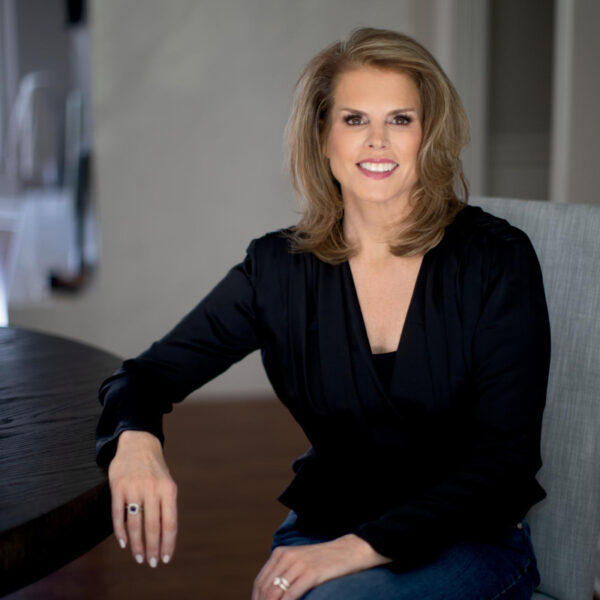WELLNESS: TRAINING WITHOUT A SCOREBOARD
By Elizabeth Lombardo
Words by Dr. Elizabeth Lombardo
Photography by Maria Ponce Berre
Styling by Lillie Alexander
Hair & Makeup by Rabecca Ann
Dr. Elizabeth Lombardo
By Elizabeth Lombardo
Words by Dr. Elizabeth Lombardo
Photography by Maria Ponce Berre
Styling by Lillie Alexander
Hair & Makeup by Rabecca Ann
Dr. Elizabeth Lombardo

Peak performance sports psychologist (and fellow parent) Dr. E tackles your toughest questions head-on.
Dear Dr. E.—
My teen is doing a ton of physical training this summer—workouts, private lessons, travel teams. But something still seems off. They’re not as focused or driven as usual. Is this just summer burnout, or is there something else going on? —Observer
Dear Observer—
You’ve spotted something most parents miss—and it could change everything about your athlete’s season. Most people focus on how much their teen is training, not how they’re showing up mentally. If your athlete seems off despite all the effort, it’s not necessarily burnout. More often, it’s a sign that something crucial is missing: mindset training.
Summer removes many of the usual performance markers. No rankings. No big crowds. No clear indicators of success. And without those visible motivators, it’s easy for athletes to drift. When the scoreboard disappears, many stop competing—not physically, but mentally. Here’s what that looks like:
• They train, but don’t reflect.
• They go through the reps, but their intention feels flat.
• They look busy, but inside there’s a quiet disconnection.
And that’s exactly why this moment—the off-season—is one of the most powerful windows of the year. Not just for building skills, but for strengthening the mindset that brings those skills to life under pressure.
Here are a few strategies to consider:
• Shift the goalposts. Without a scoreboard, your athlete needs a different definition of success. This is the perfect time to help them focus on growth, not just results. It’s about who they’re becoming, not just how they’re performing.
• Challenge comfort zones. Mental strength isn’t just built in competition—it’s built in the moments no one sees. Helping your athlete lean into discomfort (without tipping into overwhelm) builds the inner grit they’ll need when the season returns.
• Reflect more, react less. Summer is the ideal time to help athletes think about their performance—not just move on to the next drill. Reflection builds awareness. And awareness is the foundation of mental toughness.
• Reconnect to their “why.” With the daily grind on pause, summer is when many athletes realize they’ve been playing on autopilot. Reigniting intrinsic motivation now can unlock an entirely new level of drive when the stakes rise.
• You’re not imagining it. Your athlete may look engaged, but without the right kind of mental training, they’re not building where it matters most.
While most athletes wait for the season to “get serious,” the ones who learn to lead their mindset in the off-season are the ones who dominate when it counts.
Want to help your athlete show up stronger—mentally and emotionally—when the pressure’s on? Learn more at ELevive.com.
Sign Up for the JWC Media Email